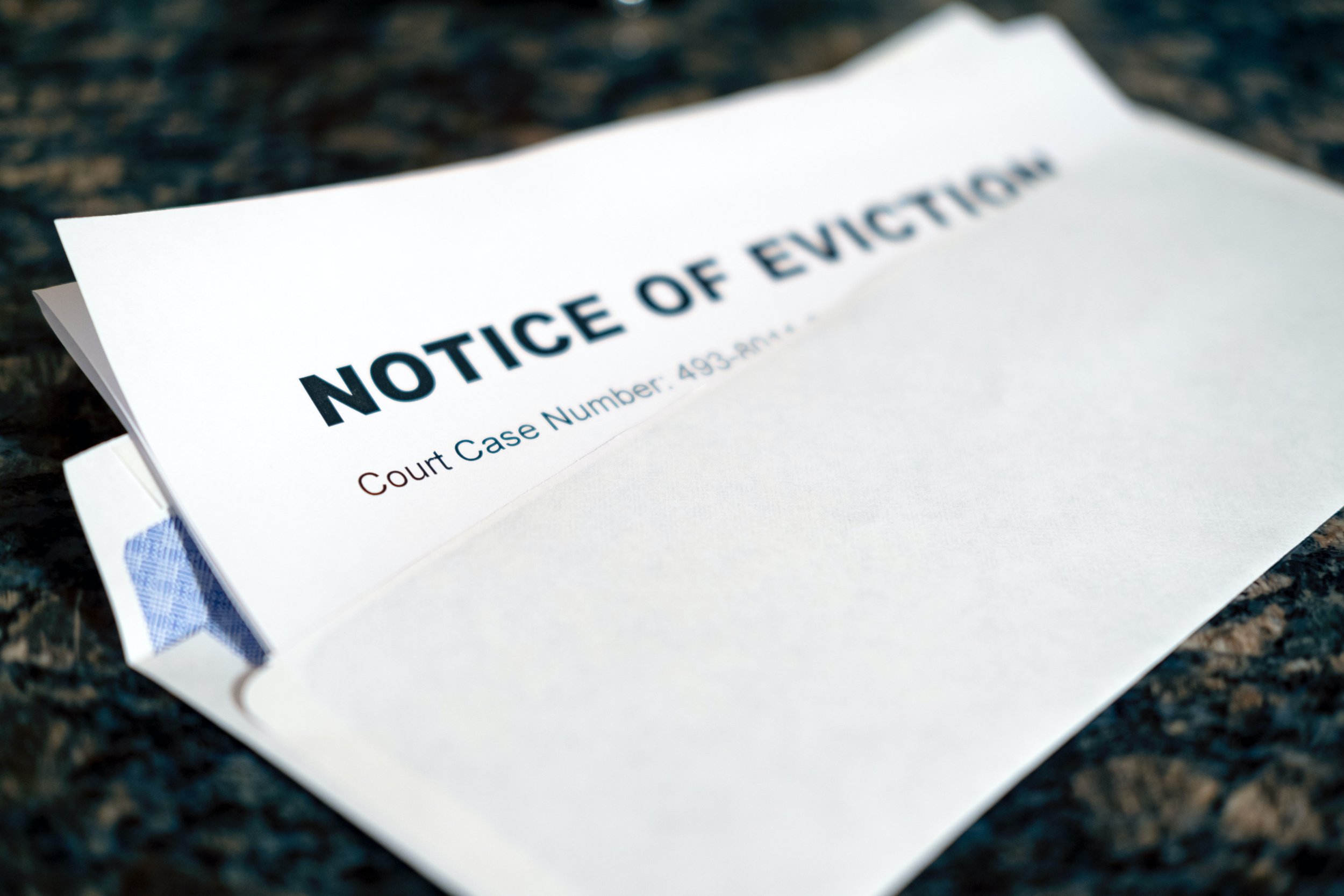Dealing with Difficult Tenants
Dealing with Difficult Tenants
As a landlord, dealing with difficult tenants can be a challenging and frustrating experience. However, it's important to approach these situations with a level head and a clear plan of action. Here are some practical ways to approach, respond, reprimand, and navigate the overall relationship with a difficult renter:
Empathy and Care
Approach the situation with empathy and understanding. Forbes recommends that a landlord listen to the tenant and try to understand the motive for frustrating behaviors. Some may be going through personal or financial difficulties, while others may have difficulty communicating effectively. Try to approach the situation with empathy and understanding, while also remaining professional and firm. Communicating in person provides the best scenario for understanding a tenant’s concerns because this provides additional non-verbal forms of communication including their emotions, body language, and environmental factors which could be contributing to the conflict.
Communicate Clearly and Effectively
Clear communication is key to resolving any issues with tenants. Forbes suggests that you be sure to explain expectations and requirements clearly, and that you are listening to the tenant's concerns and feedback. Keep a record of all conversations and communications, and follow up with written notices or emails to confirm any agreements or expectations. Instead of relaying information by one avenue, such as only emailing or leaving a phone message, Forbes suggests using multiple avenues of communication, which means sending a letter or email along with a visit to the property.
Document Everything
It's important to keep a detailed record of any issues or problems with difficult tenants. This includes written notices, emails, and other forms of communication, as well as photos and videos of any damage or issues with the property. This documentation can be invaluable if you need to take legal action down the line.
Enforce Lease Agreements and Property Rules Equally
Make sure tenants are aware of and understand the lease agreements and property rules from the start. Zillow suggests that each tenant receive a verbal explanation of the agreement before they sign and that they receive a paper and electronic copy afterwards. The lease should include basic items like rent amount, due dates, payment options, and a general list of rules. Additional information should include information on occupancy limits, pets, maintenance, tenant/landlord duties, conflict resolution methods, and potential property damage. If any tenant violates the rules, be firm in enforcing them, but also be open to negotiation and compromise when appropriate. If certain tenants are treated favorably without enforcing guidelines, other tenants will likely disregard their own lease agreement as well with the expectation that no consequences will follow.
Set Clear Consequences and Follow Through
If a tenant continues to violate lease agreements or property rules, it's important to set clear consequences and follow through with them. If you frequently overlook consequences for difficult tenants, it will become obvious that you are either a pushover or not very serious about profiting from the investment. Either scenario will only encourage more poor behavior from that tenant and others who realize that they won’t suffer for skipping rent, damaging property, or violating their lease agreement in other ways. Appropriate consequences could include late fees, eviction notices, or legal action if necessary. Be sure to follow all legal procedures and regulations when taking action against a difficult tenant.
Lean on Legal Help
If you are dealing with a particularly difficult tenant, or if you are unsure of your legal rights and responsibilities, it's always a good idea to seek legal advice. A qualified attorney can help you navigate the legal process and ensure that you are following all necessary procedures. Zillow emphasizes that if you are engaged with a tenant who is involved in illegal activities or becomes threatening, for your safety and the safety of other tenants, don’t hesitate to call 911 and request police intervention.
Know When to Terminate the Tenancy
In some cases, it may be necessary to end the tenancy and cut ties with a difficult tenant. While this can be a difficult and costly decision, it's important to prioritize your own well-being and the well-being of your property. According to ApartmentGuide, the process of eviction can take a long time in court because the notice must be served 30 days prior to the termination, followed by a court action for tenants who do not leave. If the court agrees that this tenant should be evicted, the tenant will be removed with the help of local law enforcement, but this process takes time. Consult local laws, communicate with a trusted attorney, and follow all legal procedures and regulations when ending a tenancy.


